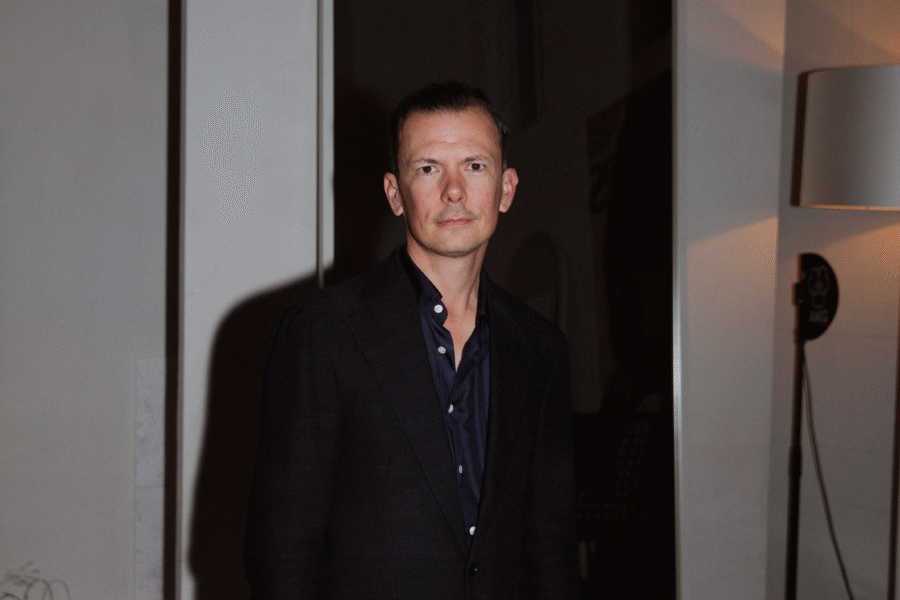
Philip Warkander: “A completely new consumption culture must emerge in the fashion industry”
The fashion industry is at a crossroads where extreme speed and new consumption patterns are disrupting several sustainability models. Companies like Temu and Shein are driving a development where “fast fashion” now seems outdated. At the same time, the need for fundamental change is greater than ever, driven by increasing demands for circularity, traceability, and ethical production.
In this context, initiatives such as the Encouragement for Action (EFA) award play a crucial role. Established in 2018 by Stockholm Fashion District, the award aims to promote sustainable development by highlighting and supporting Swedish companies and initiatives that are leading the way in sustainability.
We spoke with Philip Warkander, PhD in fashion studies and university lecturer at the Swedish School of Textiles in Borås, who also serves as chair of EFA’s Ethical Council. In this interview, Warkander shares his analysis of the current state of the fashion industry, where consumer habits clash with environmental demands, the significance of upcoming EU directives, and his personal vision of a future fashion industry that is more circular, local, and quality-focused, a necessary counter-reaction to the fast and large-scale nature of today’s market.
How would you describe the current state of the fashion industry – what challenges and opportunities do you see right now?
The current situation is characterized by extreme speed and scale, with companies like Shein and Temu making fast fashion appear outdated. The biggest challenge is that consumers have become accustomed to constantly new choices, which may feel entertaining but is highly damaging to the environment. The major question is how this trend can be reversed.
Which changes do you think will shape the industry most in the coming years?
It remains to be seen how the new EU directives will impact the fashion industry. The hope is that they will lead to more circular resource management.
Why do you think initiatives like Encouragement for Action (EFA) are important in today’s fashion climate?
EFA is an important platform because it regularly highlights these issues and creates a meeting place for companies, journalists, researchers, and other experts. The situation is not static, and solutions can quickly show unexpected effects, both positive and negative. The regularity of EFA provides opportunities to update knowledge and showcase best practices in key areas, which can inspire others.
What do you hope this year’s EFA nominations will contribute – both for the industry and for the actors being recognized?
The contribution is expected to be renewed knowledge and inspiration for others in the industry to follow the good examples set by the nominees.
Which fashion and societal issues are you personally most passionate about right now?
Personally, I dream of a completely new consumption culture emerging as a counter-reaction to the fast and large-scale market. The focus should shift to quality and garments that last, fashion that is beautiful and of high quality, not disposable items. Fundamentally, it’s about consumers understanding and knowing more about where garments come from and how the materials are produced. Greater appreciation for, for example, the long process of cotton production could lead to a different perspective on a simple T-shirt.
Looking ahead – how would you like the fashion industry to look in ten years?
In ten years, I hope for a fashion industry that is:
- More circular.
- More local in both materials and production.
- With fewer unnecessary transports.
- Where what is sold is valued more highly.
The award ceremony will be held in December, where this year’s EFA winners will be announced. We will present it both here and on our social media channels, so be sure to follow Stockholm Fashion District on Instagram or Facebook.


